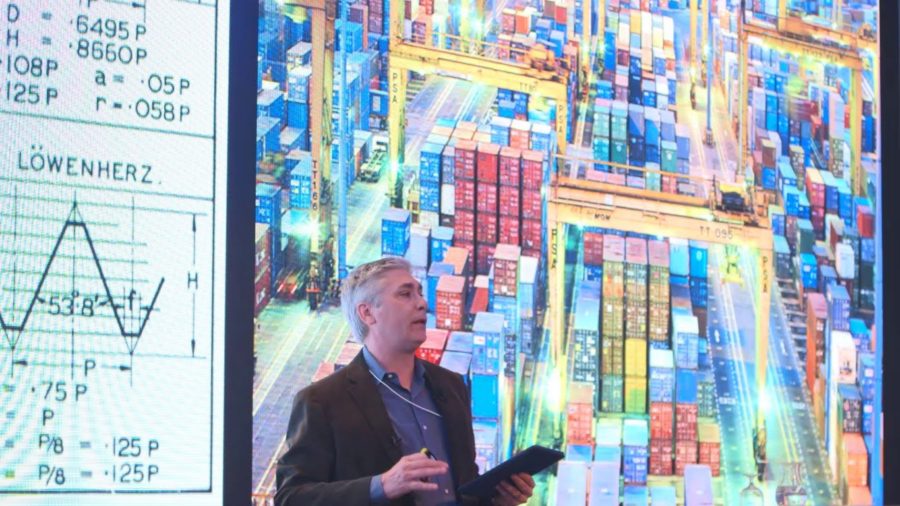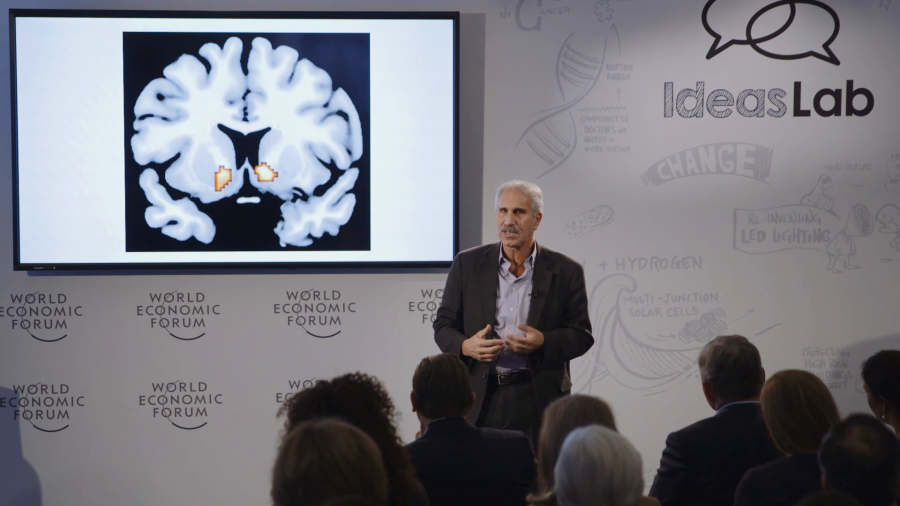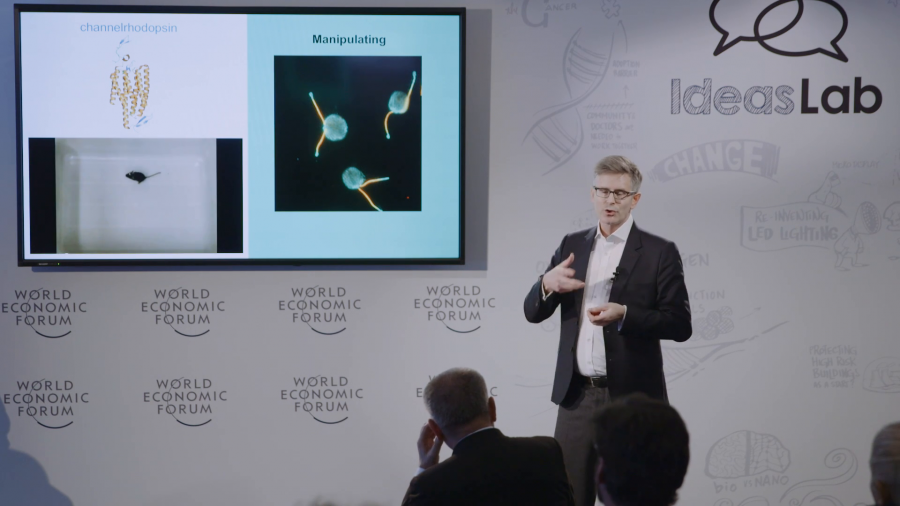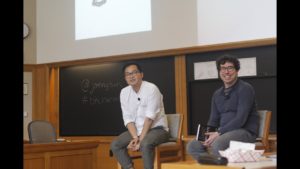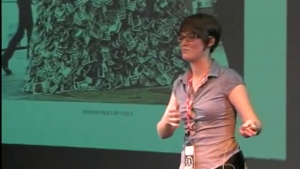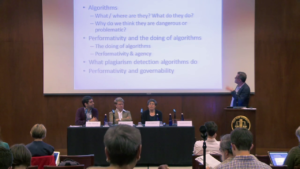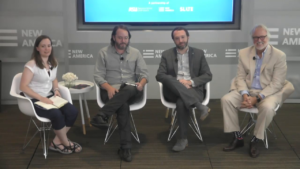One of the ways that industrial revolutions are interesting to think about is that they look differently depending on how and where you see them from. They look different whether you see them from Europe or Asia or Africa. But regardless of time or place, economists and historians generally tend to look at industrial revolutions through the lens of innovation. And in my short talk today I want to encourage a different way of thinking about this.
Jonny Sun and Jonathan Zittrain on Joke Tweets, Memes, and Being an Alien Online
presented by Jonathan Sun, Jonathan Zittrain
I think I kind of have floated through the world feeling like an outsider and feeling a bit like an alien, I guess. And along the way I've met so many other people who have felt like that too, and I think this is a celebration of that kind of diversity and of that kind of outsiderdom. Read more →

